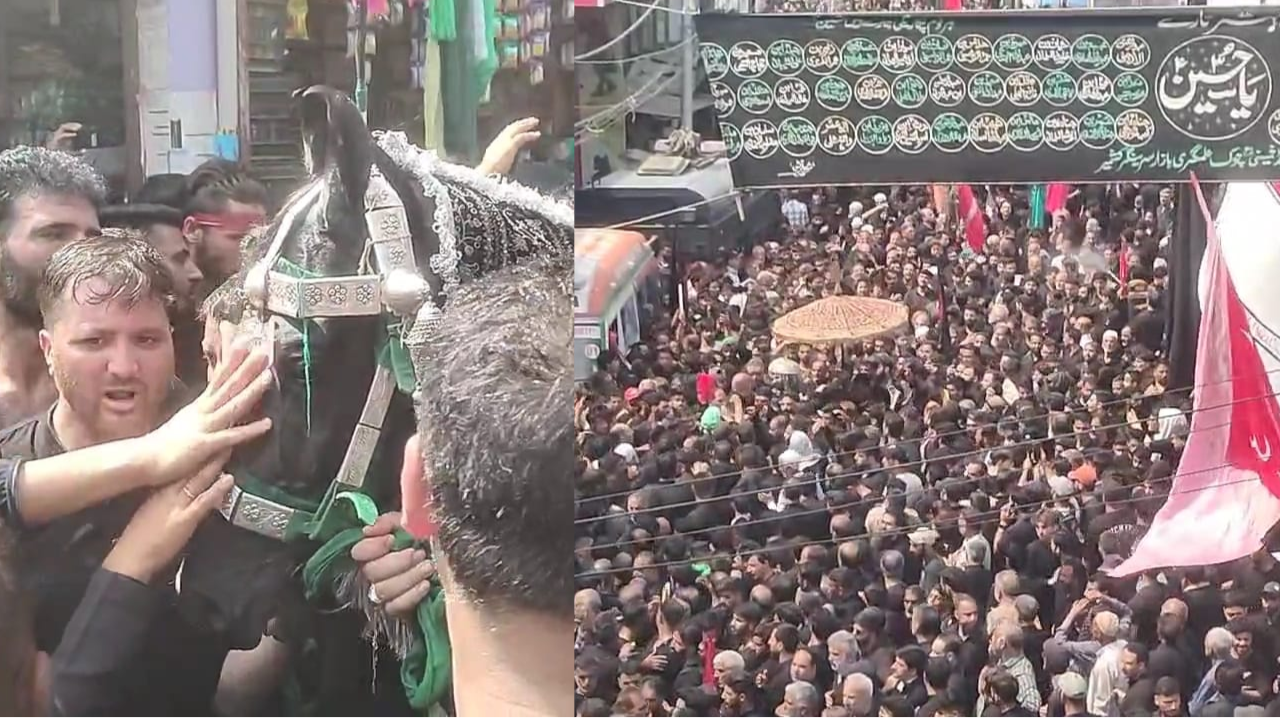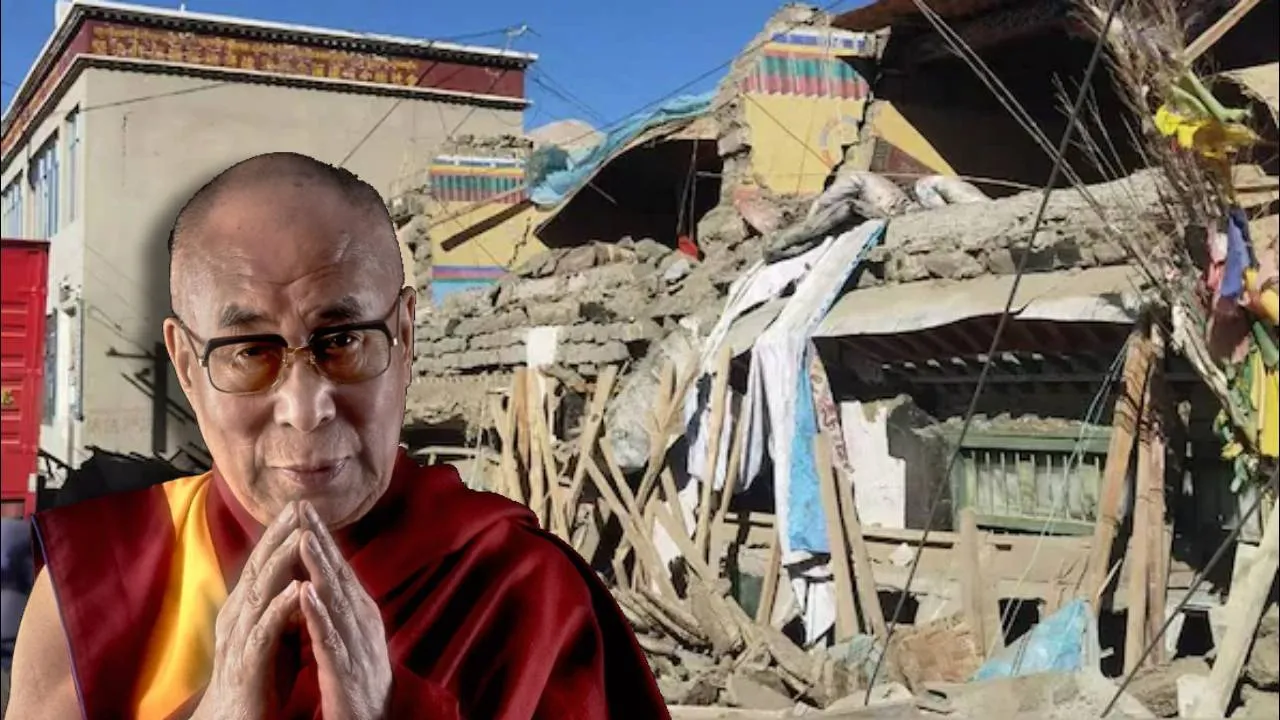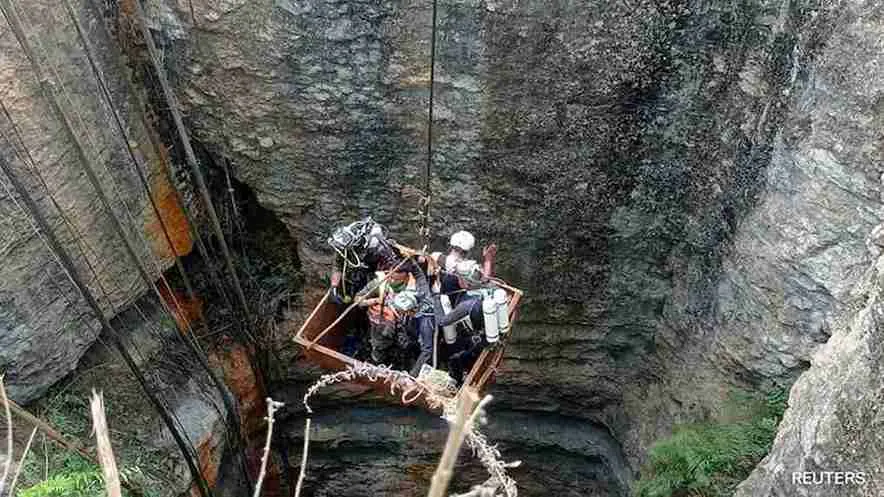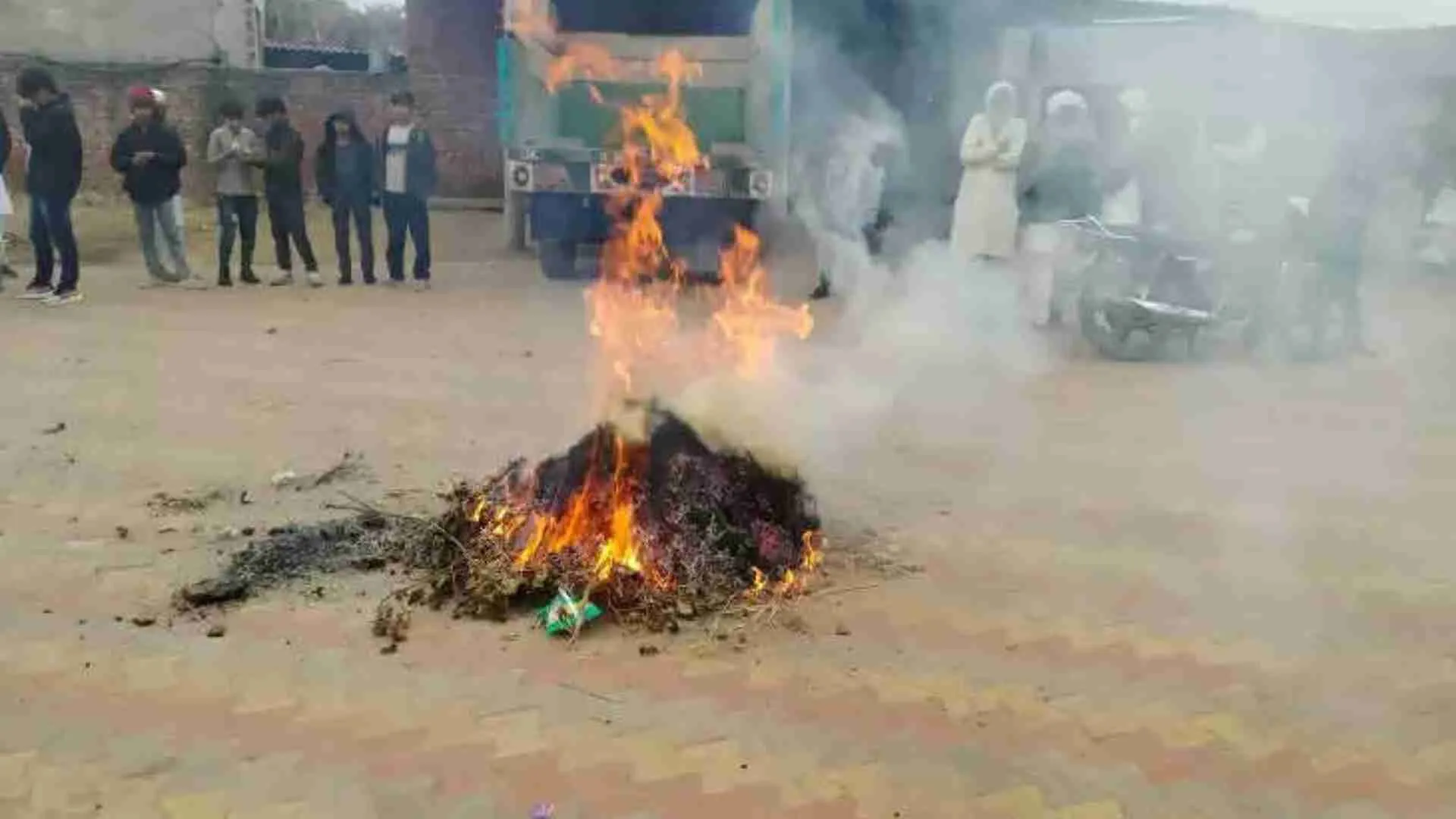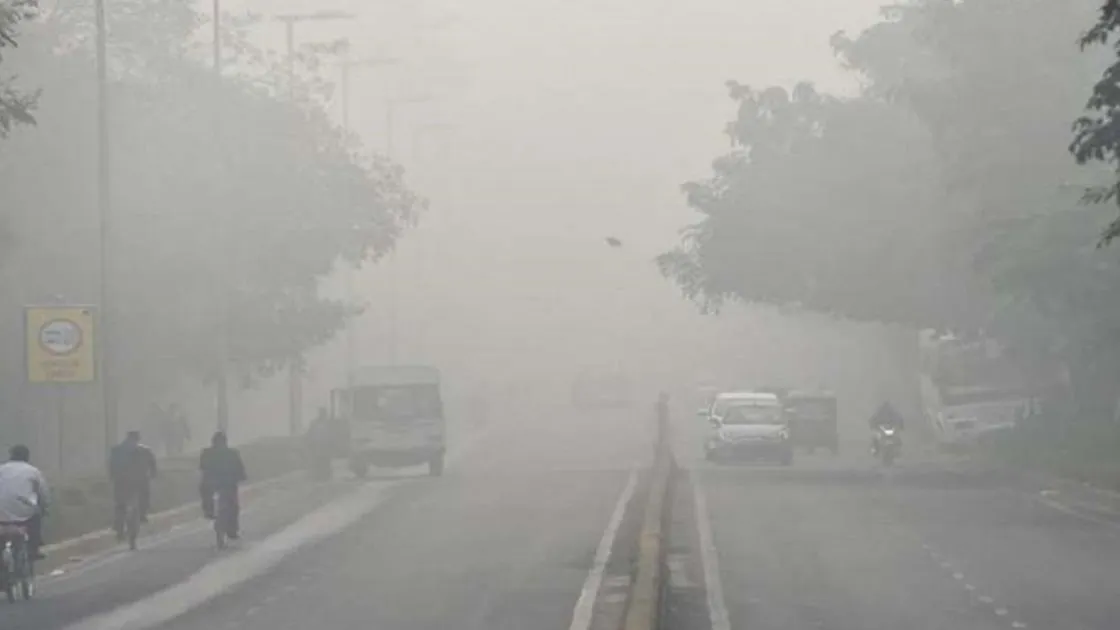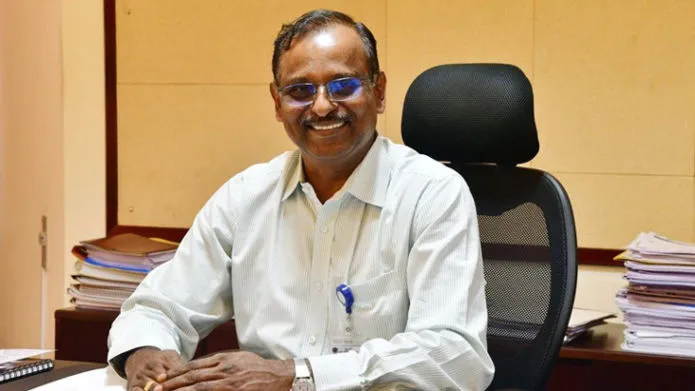Kashmir:- Kashmir has recently witnessed a solemn and heartfelt observance of Yaum-e-Ashura, marking the tenth day of Muharram-ul-Haram. This day holds immense significance for Shia Muslims globally, commemorating the martyrdom of Imam Hussain (AS) and his followers in the Battle of Karbala in 680 CE, symbolizing valor, sacrifice, and defiance against tyranny.
In the historic Zadibal district of old Srinagar, the largest Ashura procession drew tens of thousands of mourners from various backgrounds. Starting at Botkadal, the procession meandered through the city’s streets, resonating with chants of remembrance and solidarity, and concluded late at night at the Imambargah in Zadibal. Participants of all ages, many walking barefoot as a sign of humility and reverence, carried banners honoring Imam Hussain and his companions.
Throughout the procession route, volunteer groups set up refreshment stalls to provide essential sustenance to participants amidst the solemnity of the occasion. Additionally, a blood donation camp organized in collaboration with SKIMS at Alamgiri Bazar saw a remarkable turnout, collecting 400 units of blood—a poignant gesture embodying the spirit of sacrifice and compassion inherent in Ashura.
Despite historical and contemporary challenges, including periodic restrictions imposed by authorities, the spirit of Ashura endures. Notably, the Central government’s recent decision to allow the procession on the 8th of Muharram, banned for 35 years until 2023, marks a significant shift. This procession, which starts from Guru Bazar and ends at Dalgate, has seen increasing participation over the past two years, concluding peacefully. In the 1990s, this procession was banned amid rising tensions fueled by militancy in the region, with similar restrictions during the Dogra rule in the early 20th century.
The ban on such processions in 1988, coinciding with the death of Pakistan’s President Gen Zia-ul-Haq, further contributed to unrest in Kashmir. Subsequently, the region saw a rise in terrorism, escalating tensions and leading to the targeting of Kashmiri Pandits alongside bans on religious processions. However, since 2019, concerted efforts to combat terrorism and separatism have led to a change in policy, reflecting a shift in the socio-political landscape of Kashmir.
This development highlights a significant transformation in Kashmir’s societal fabric, reflecting broader efforts towards cultural preservation and religious freedom. The recent allowance of smaller processions from various neighborhoods indicates a potential evolution in governmental approach, fostering optimism for the preservation and revival of these important religious traditions.
In conclusion, Ashura in Kashmir serves as both a religious observance and a powerful testament to the enduring spirit of faith, community, and cultural identity amidst adversity. The unified and respectful observance of Yaum-e-Ashura reaffirms Kashmir’s rich tapestry of religious devotion and resilience, underscoring its profound significance as a cherished tradition deeply rooted in the hearts of its people.
Additionally, the politicization of Muharram rituals, particularly during the 9th and 10th of Muharram, by figures like Iftiqar Ansari and Masroor Ansari, formerly associated with separatism, underscores the evolving narrative surrounding religious observances in Kashmir. Their involvement reflects the complex intersection of religious commemoration and regional politics, highlighting the ongoing socio-political dynamics that shape religious freedoms and cultural expressions in the region.
The symbolic significance of permitting the 8th Muharram procession after decades of prohibition resonates deeply within Kashmiri society, signaling a potential turning point in the recognition and preservation of religious traditions amidst historical and contemporary challenges. The perseverance and participation of Kashmiri Muslims in these processions reflect a steadfast commitment to honoring their religious heritage despite obstacles imposed over the years.
ADGP Vijay Kumar visited Zadibal, where he reviewed the arrangements for the upcoming 10th Muharram procession. Kumar emphasized the importance of meticulous planning and coordination to ensure a peaceful and orderly event. “All arrangements are in place to ensure the peaceful conduct of Muharram processions,” he affirmed, demonstrating the police’s proactive approach to managing significant public gatherings.
IGP Birdi highlighted the importance of the day and detailed the comprehensive plans to maintain law and order. “We have coordinated with other security agencies to deploy additional forces, manage traffic effectively, and conduct security checks at various points to prevent any untoward incidents,” Birdi stated.
Birdi emphasized the critical role of public cooperation in ensuring the success of these measures. He urged residents to adhere to the guidelines set by authorities to facilitate a peaceful and respectful observance of Muharram. “The public’s cooperation is essential. We appeal to everyone to follow the guidelines and support the authorities in maintaining peace,” he added.
Heightened security measures come after disturbances during the 8th Muharram processions, where a few miscreants were booked for violating established guidelines. Birdi confirmed that investigations into these incidents are ongoing. “Those who disrupted the processions on the 8th of Muharram have been identified and booked. We are conducting a thorough investigation to ensure such violations do not recur,” he said.
In addition to the deployment of security personnel, specific measures include the installation of barricades and checkpoints at key locations and increased surveillance to monitor the movement of processions. Authorities have also implemented traffic diversions to manage the expected large gatherings and prevent congestion.
The police, in collaboration with local community leaders, have organized awareness campaigns to educate the public about the significance of Muharram and the importance of adhering to safety protocols during the processions. “Our goal is to ensure that the sanctity of Muharram is upheld while safeguarding the well-being of all participants,” Birdi explained.
The IGP reiterated that maintaining peace and order during Muharram is a top priority for the police and other security agencies. He assured the public that all efforts are being made to provide a safe environment for the observance of this solemn occasion.
As preparations for Muharram 10th reach their final stages, authorities remain vigilant and committed to addressing any potential challenges. With the cooperation of the public and the dedication of security forces, IGP Birdi expressed confidence in the peaceful conduct of the upcoming processions.

